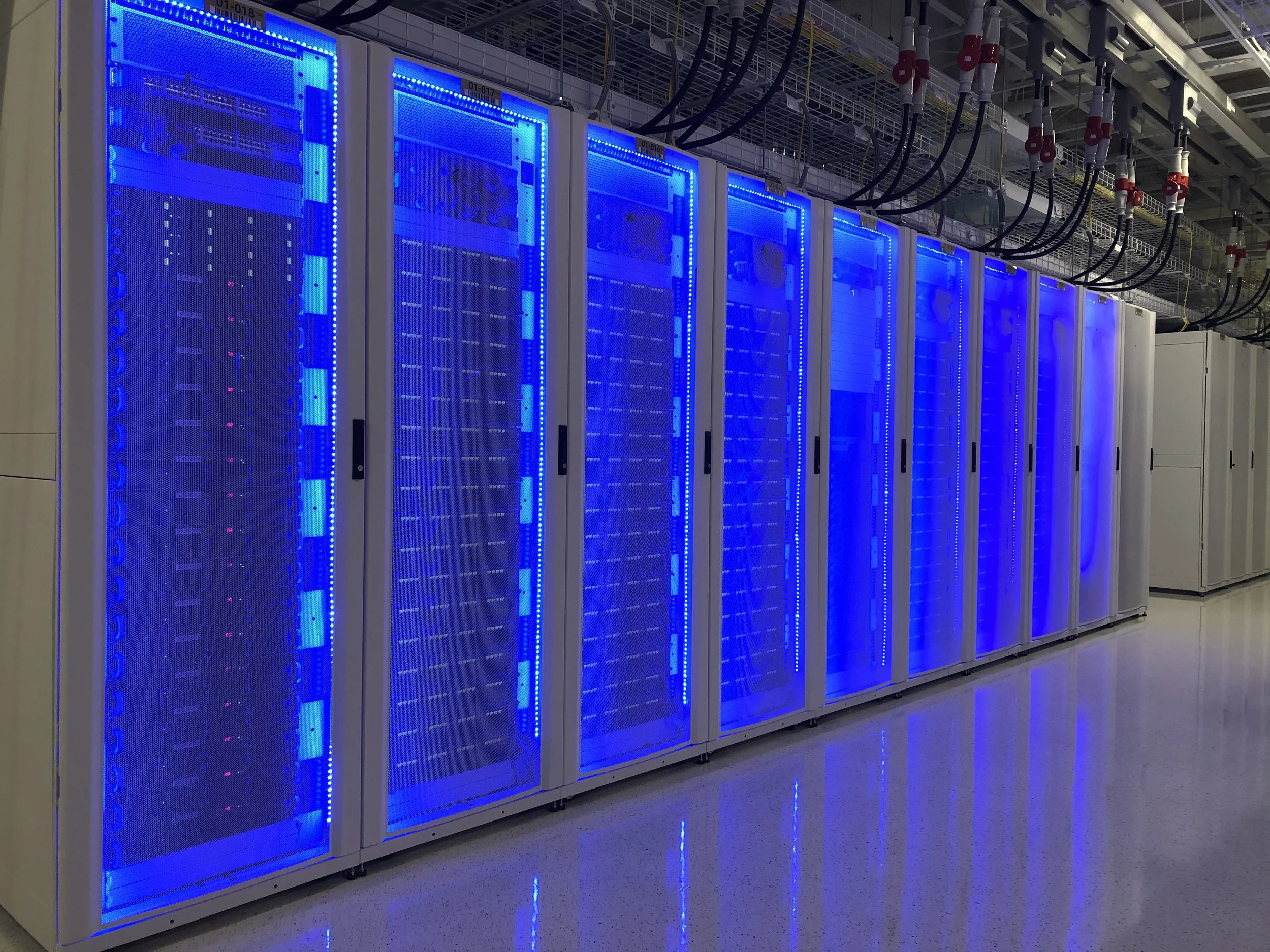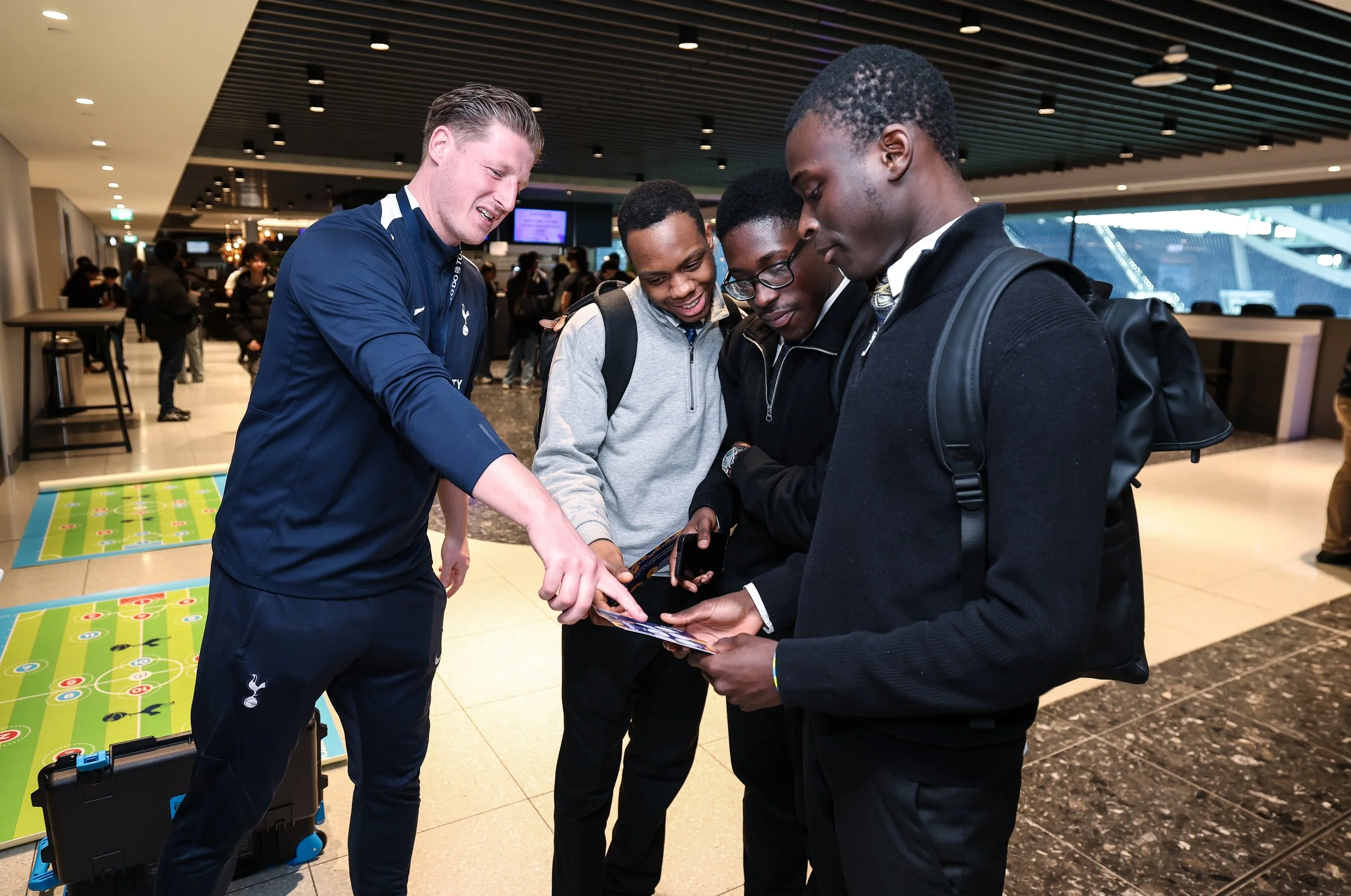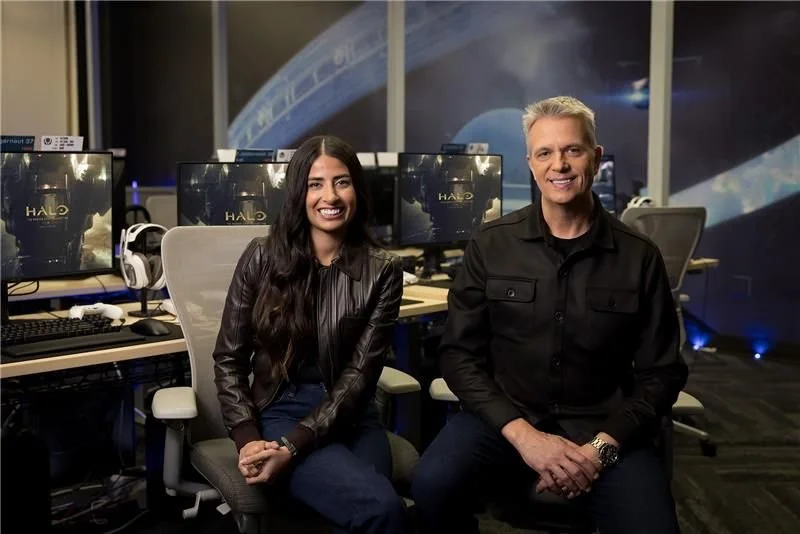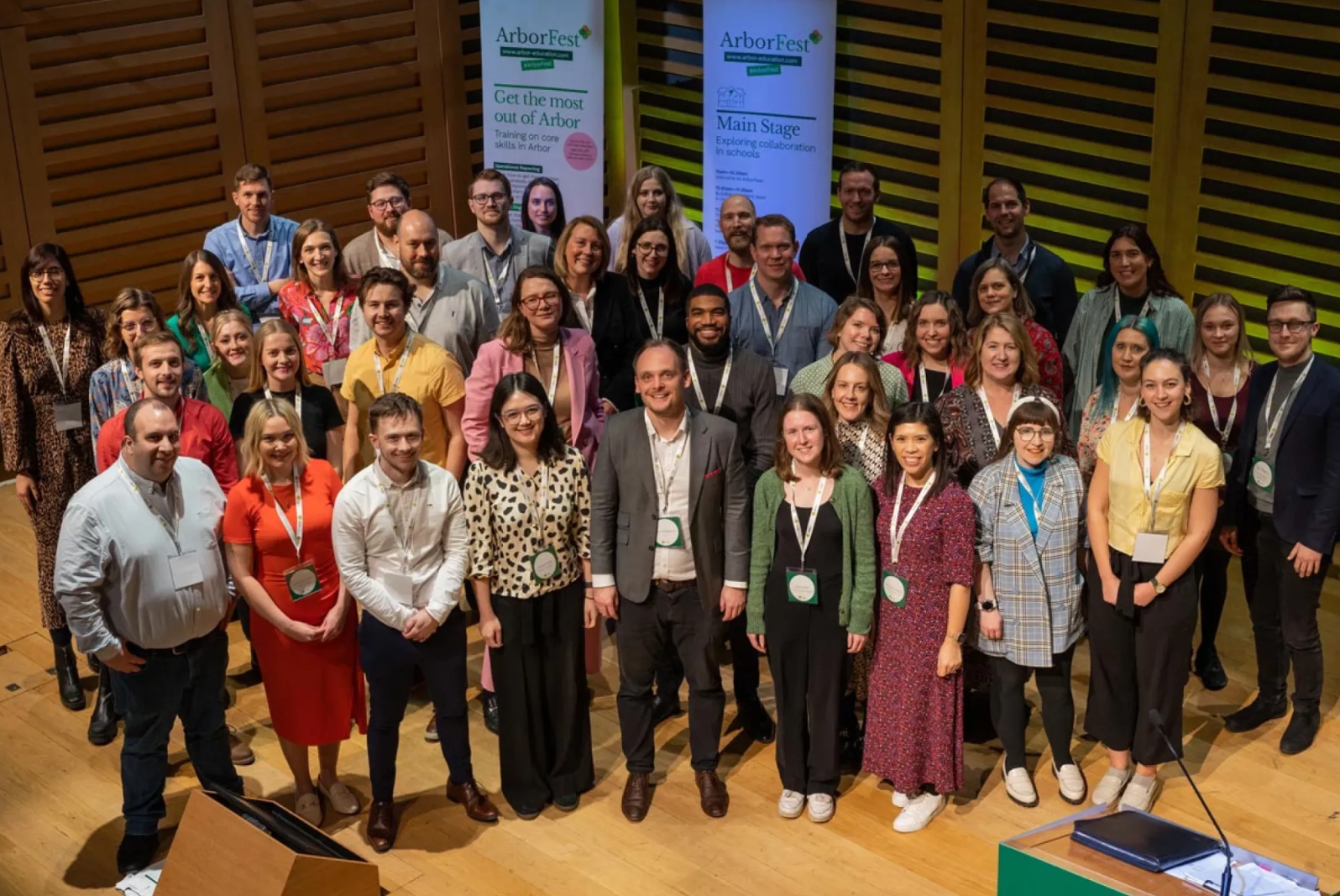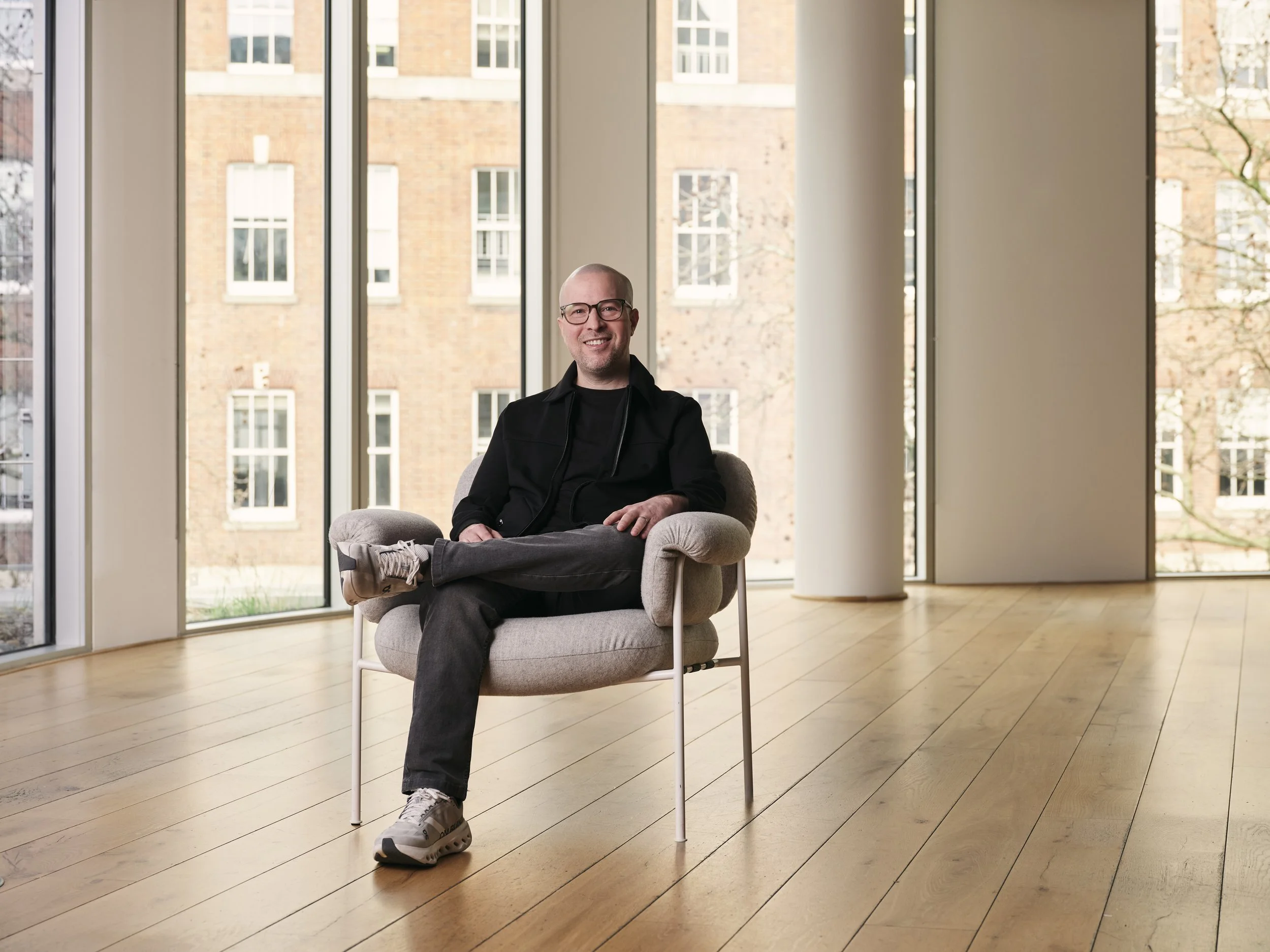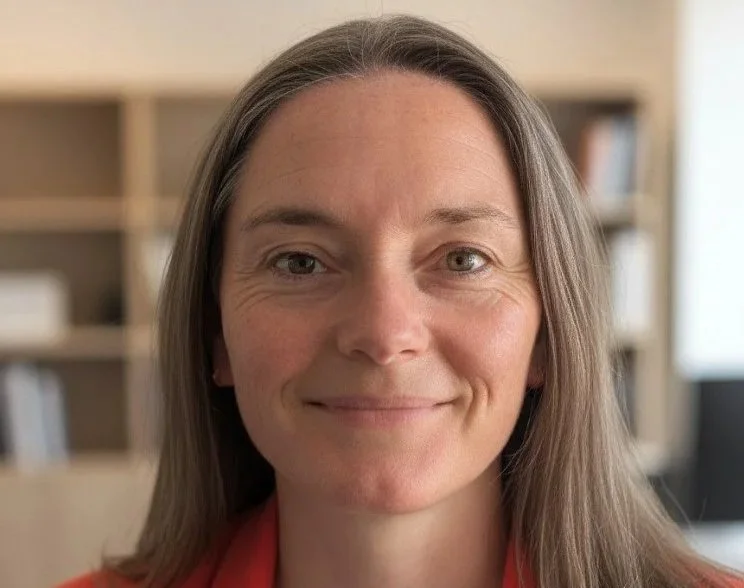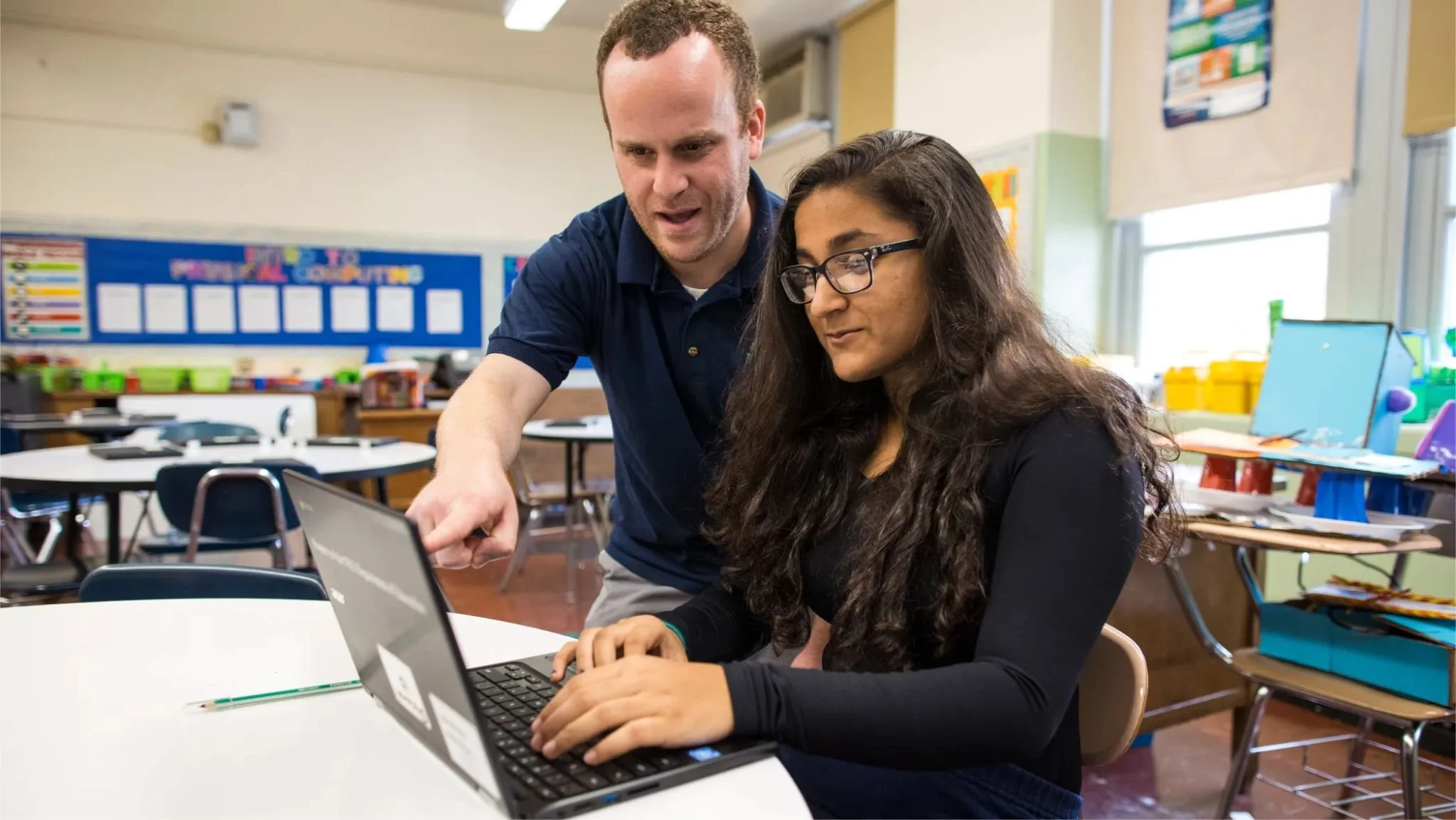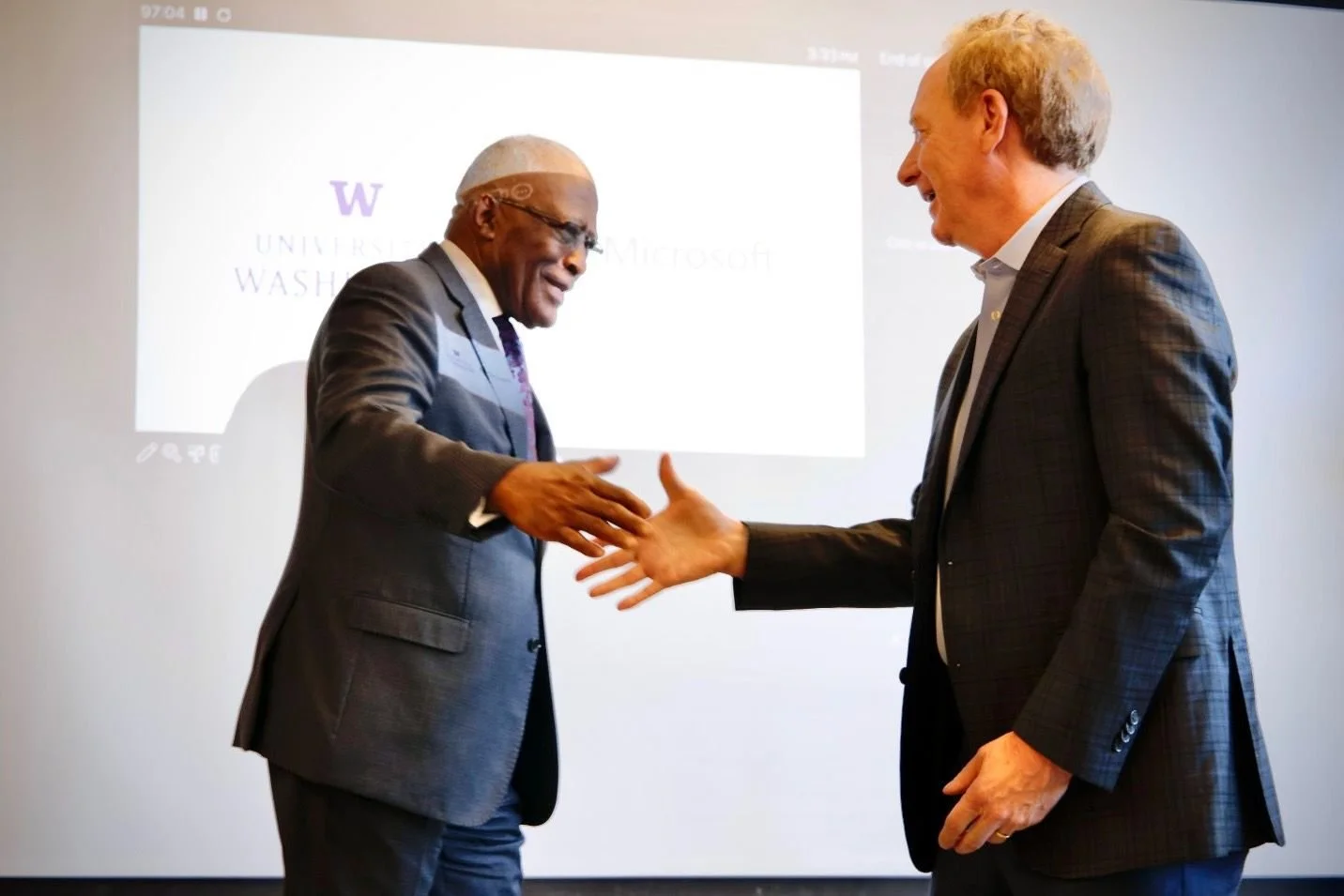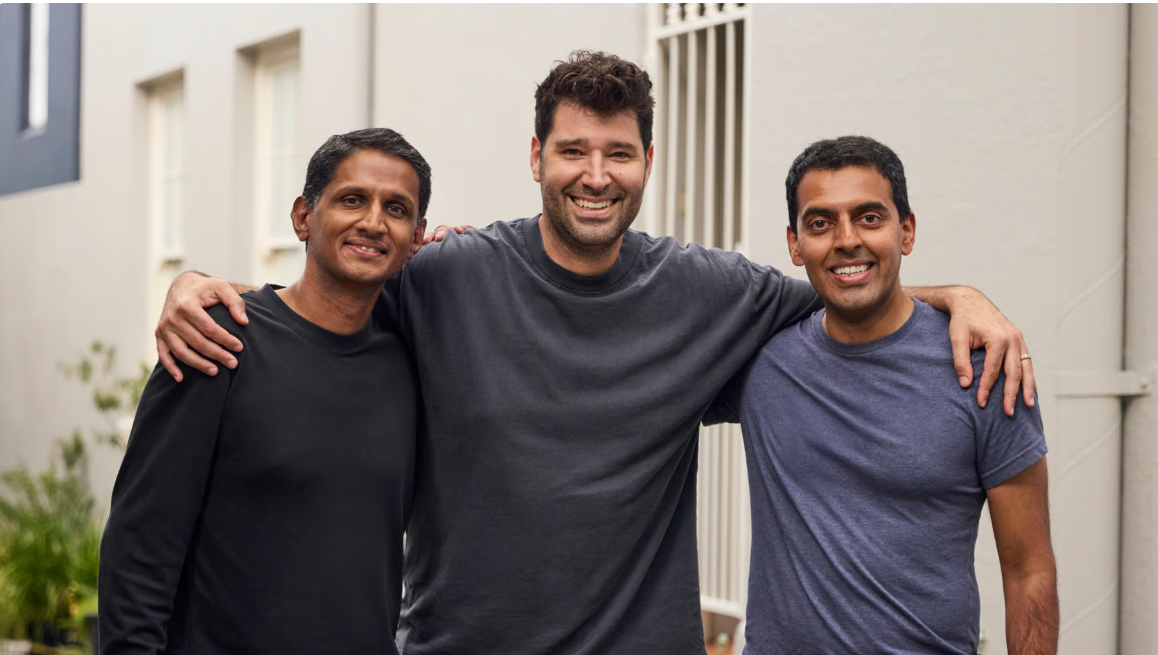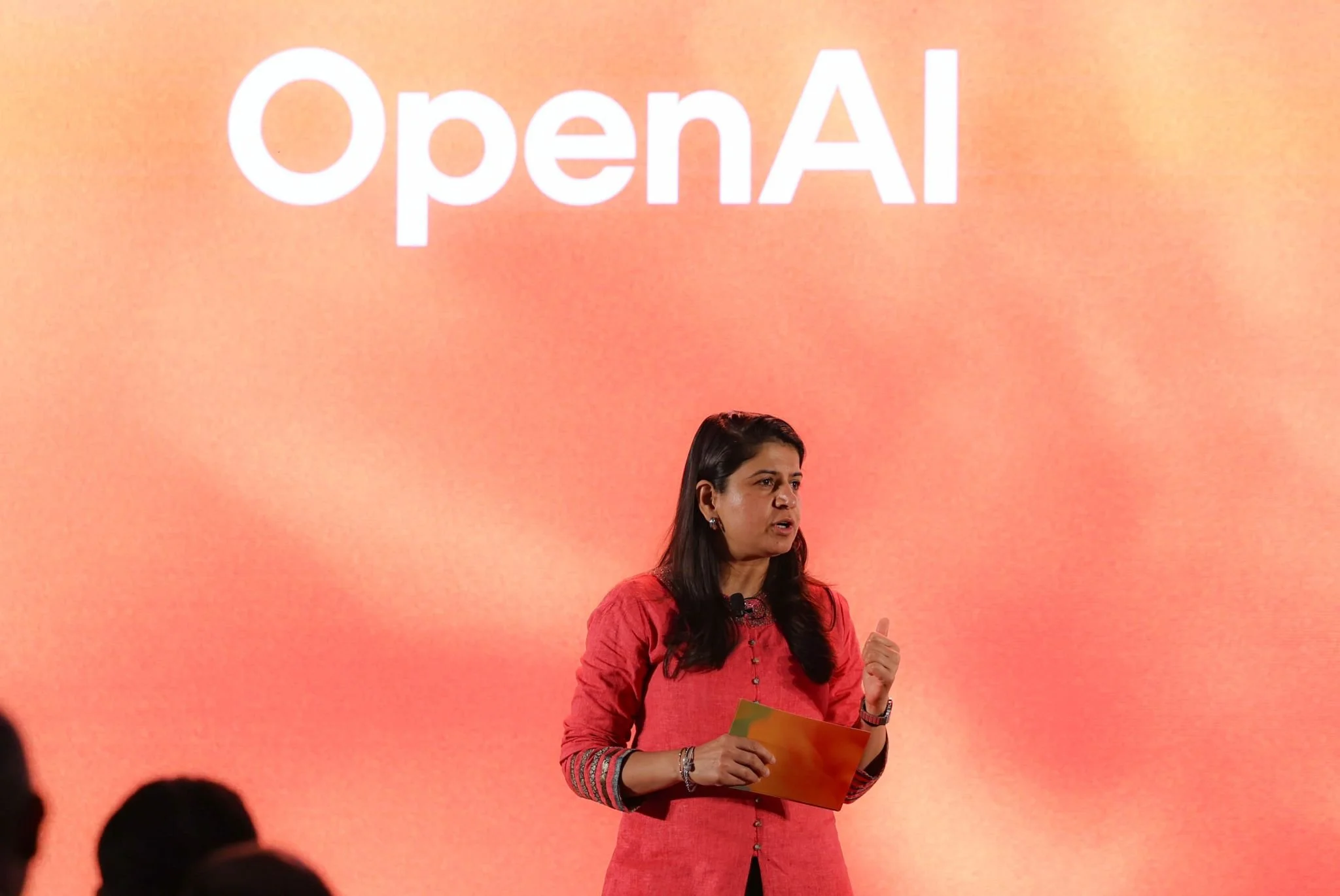Georgia Tech secures $20M NSF funding to build national AI supercomputer Nexus for scientific research
The U.S. National Science Foundation is funding a new Georgia Tech-led AI supercomputer to expand access to advanced research tools across the U.S.
Nexus will use AI to accelerate scientific breakthroughs in medicine, energy, and more. Georgia Tech also hosts the PACE Hive Gateway supercomputer, shown above. Photo credit: Georgia Tech
Georgia Tech has received $20 million from the National Science Foundation (NSF) to develop Nexus, a supercomputer designed to accelerate scientific breakthroughs using artificial intelligence.
When completed in 2026, Nexus will be among the most advanced AI research systems in the United States, supporting work in medicine, clean energy, climate science, robotics, and aerospace.
Georgia Tech, a leading academic center for AI talent and innovation, will manage the system through its newly established Center for AI in Science and Engineering (ARTISAN). The university previously hosted the HIVE supercomputer, which served as a precursor project funded by the NSF.
Ángel Cabrera, president of Georgia Tech, says, “Georgia Tech is proud to be one of the nation’s leading sources of the AI talent and technologies that are powering a revolution in our economy. It’s fitting we’ve been selected to host this new supercomputer, which will support a new wave of AI-centered innovation across the nation. We’re grateful to the NSF, and we are excited to get to work.”
What Nexus will deliver
Nexus will combine high-performance computing and AI tools with 330 trillion bytes of memory, 10 quadrillion bytes of flash storage, and connections designed to move data almost instantaneously. Capable of performing over 400 quadrillion operations per second, it will provide researchers nationwide with an accessible interface to analyze complex datasets, model systems, and accelerate discovery.
Katie Antypas, director of the NSF Office of Advanced Cyberinfrastructure, says, “The Nexus system's novel approach combining support for persistent scientific services with more traditional high-performance computing will enable new science and AI workflows that will accelerate the time to scientific discovery. We look forward to adding Nexus to NSF's portfolio of advanced computing capabilities for the research community.”
Partnership and access plans
The project is a collaboration between Georgia Tech and the National Center for Supercomputing Applications at the University of Illinois Urbana-Champaign. Their systems will connect through a new high-speed network to form a national research infrastructure. Once complete, scientists from any U.S. institution can apply for access through an NSF review process.
Vivek Sarkar, the John P. Imlay Dean of Computing at Georgia Tech, says, “This is a big step for Georgia Tech and for the scientific community. Nexus will help researchers make faster progress on today’s toughest problems — and open the door to discoveries we haven’t even imagined yet.”
RTIH AI in Retail Awards
Our sister title, RTIH, organiser of the industry leading RTIH Innovation Awards, proudly brings you the first edition of the RTIH AI in Retail Awards, which is now open for entries.
As we witness a digital transformation revolution across all channels, AI tools are reshaping the omnichannel game, from personalising customer experiences to optimising inventory, uncovering insights into consumer behaviour, and enhancing the human element of retailers' businesses.
With 2025 set to be the year when AI and especially gen AI shake off the ‘heavily hyped’ tag and become embedded in retail business processes, our newly launched awards celebrate global technology innovation in a fast moving omnichannel world and the resulting benefits for retailers, shoppers and employees.
Our 2025 winners will be those companies who not only recognise the potential of AI, but also make it usable in everyday work - resulting in more efficiency and innovation in all areas.
Winners will be announced at an evening event at The Barbican in Central London on Wednesday, 3rd September.

